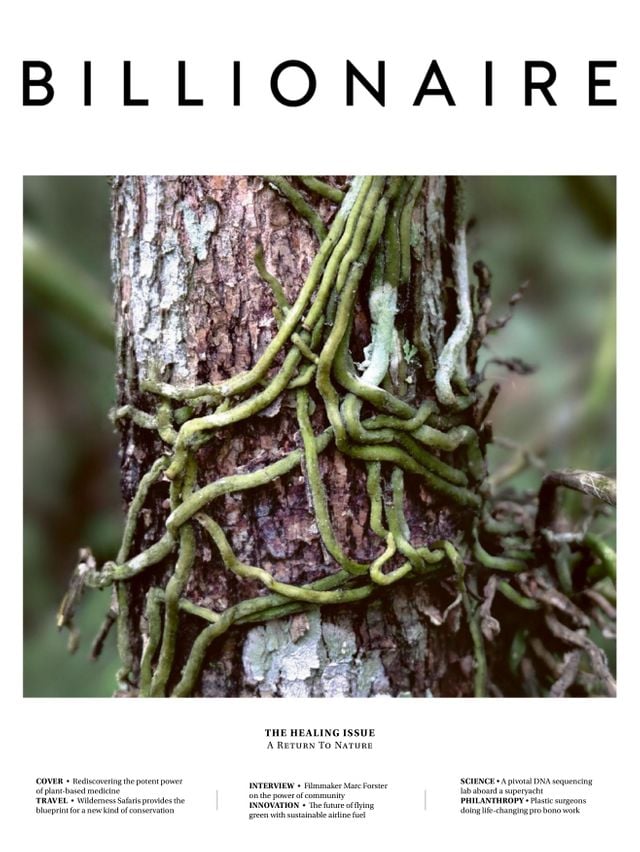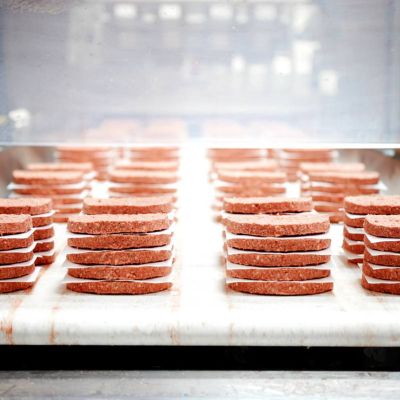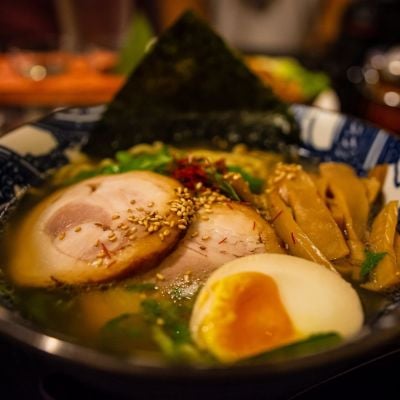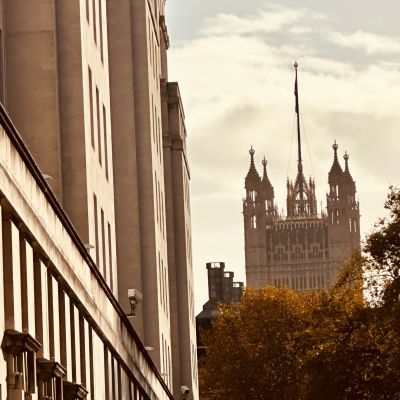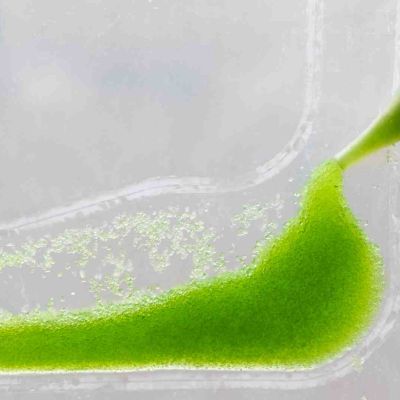Liquid Gold
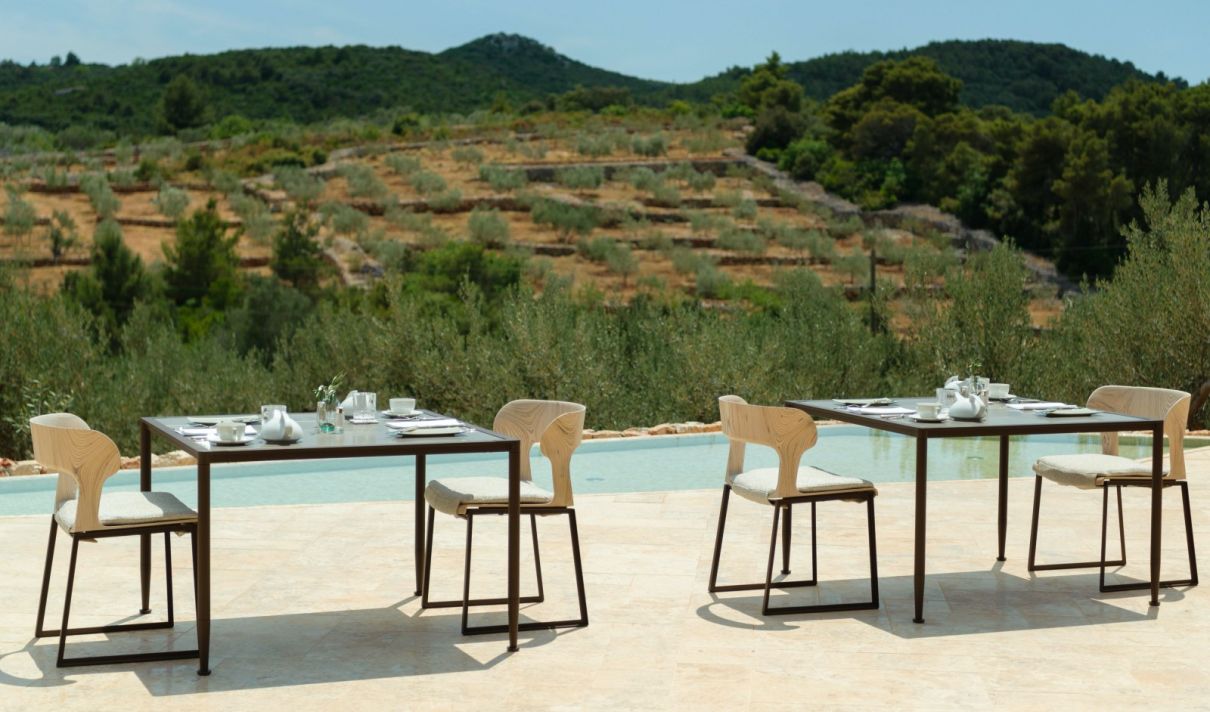
The ancients prized the healing effects of the olive leaf; now a Croatian luxury boutique hotel is celebrating them.
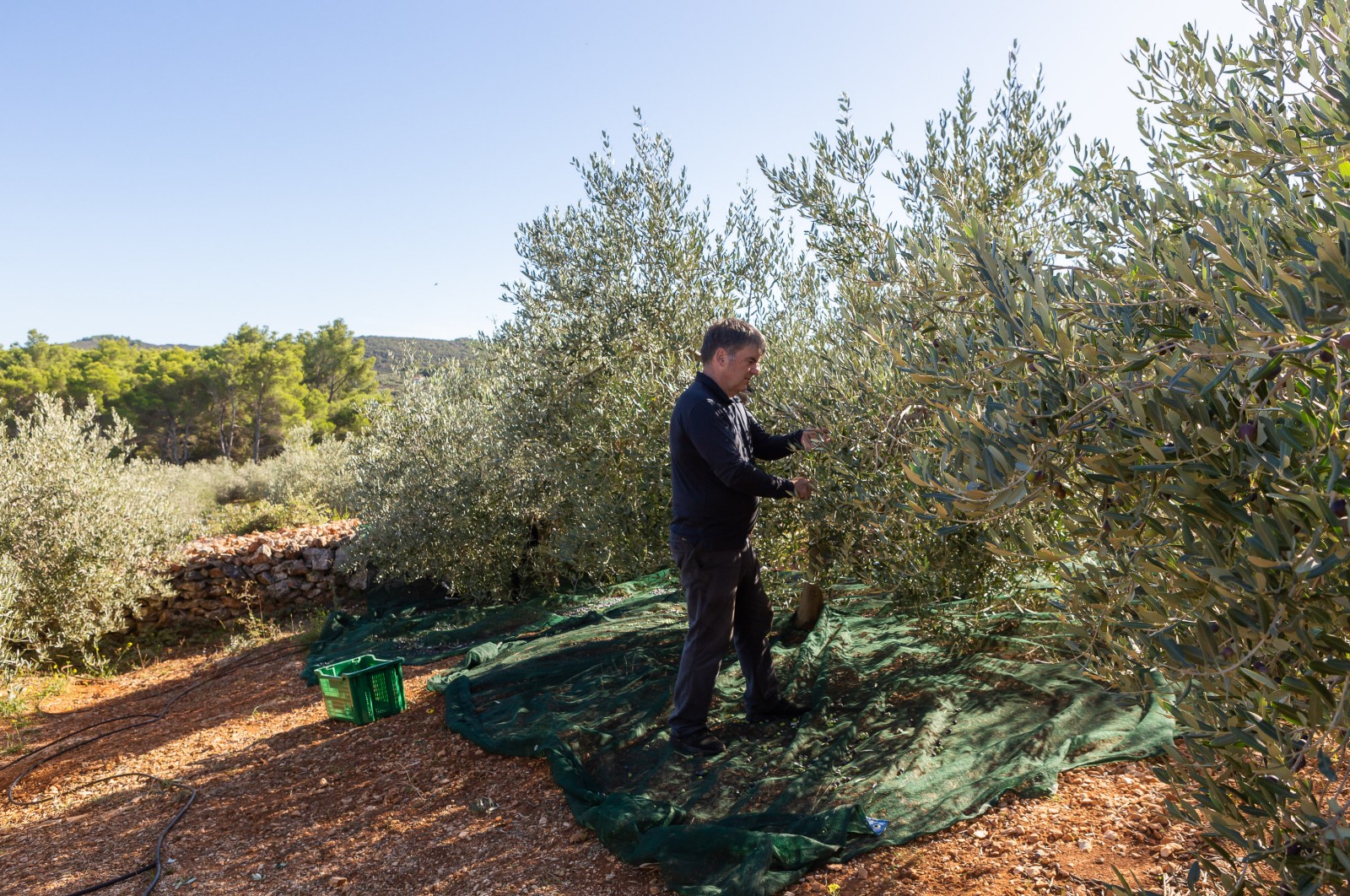
On the lush Croatian island of Dugi Otok, a stone’s throw from the Telašćica Nature Park, with its beaches and cliffs, olive groves and Aleppo pine and oak forests, lies the region’s newest luxury hotel, Villa Nai 3.3.
For hotel owner Goran Morović, an engineer, and his wife Nives, a teacher, it has been a project intertwining his own heritage and history with an interest in the health-giving benefits of olive trees. Morović is able to trace his ancestors back to 1607 on the island village of Žman and spent his summer holidays here as a child. He and his wife returned to the island in 2009 and acquired the family land and built a farm, running it as a small producer, as well as restoring the historic groves of some 1,100 trees with additional plantings and plenty of TLC. They even erected 2.5km of dry-stone walls encircling the grove, to add to the 2.5km built by Goran’s ancestors.
Their olive oil has gained accolade after accolade and is prized for its unusually high concentration of polyphenols, an anti-oxidant, and its low acidity. The olives are grown in a meticulously organic environment, hand-picked, cold-pressed and stored in stainless-steel barrels, then sold in opaque black-glass bottles (to prevent UV rays from affecting the olive oil’s chemical characteristics). With the burgeoning interest in their oil, the Morovićs conceived the idea of hosting small retreats, an idea that grew into a boutique hotel wqith just eight luxurious suites.
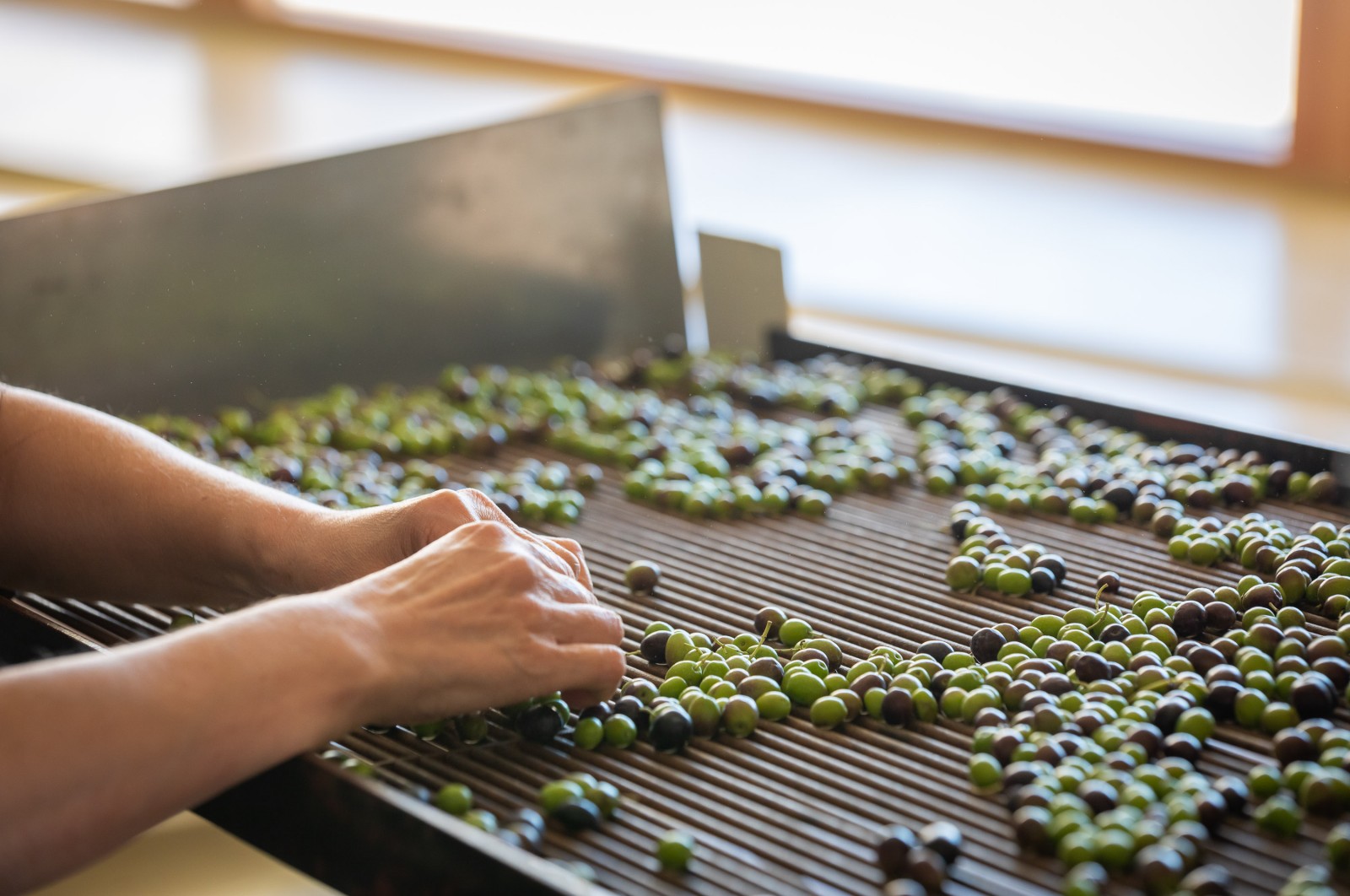
Twelve years later, their vision for the health-focused luxury hotel Villa Nai 3.3, now a member of Leading Hotels of the World, was born. The architect Nikola Bašić harboured the hotel, the oil mill and tasting room inside the olive grove that dates back 400 years. The facilities are built from stone harvested from the olive grove. One of the offerings from Villa Nai 3.3 is that every October, guests are invited to help pick the harvest, which usually amounts to 10 tonnes of olives, to produce 1,000-2,000 litres of oil a year.
Everything in this hidden gem of a hotel revolves around the potent power of the olive tree. Olives and olive oil are used liberally in the hotel’s two Mediterranean restaurants. Even the hotel’s name, Nai 3.3, refers to the number of days it snows on the island. “Olive growers on Dugi Otok have known that when it snows, which is an average of 3.3 days a year, there is a better harvest,” says Morović, adding that it rarely snows that much these days, although last year they did make the oil as a few flakes of snow were falling. “Olive oil has been used medicinally for thousands of years. Roman soldiers would be given a spoon of olive oil to help heal them.”
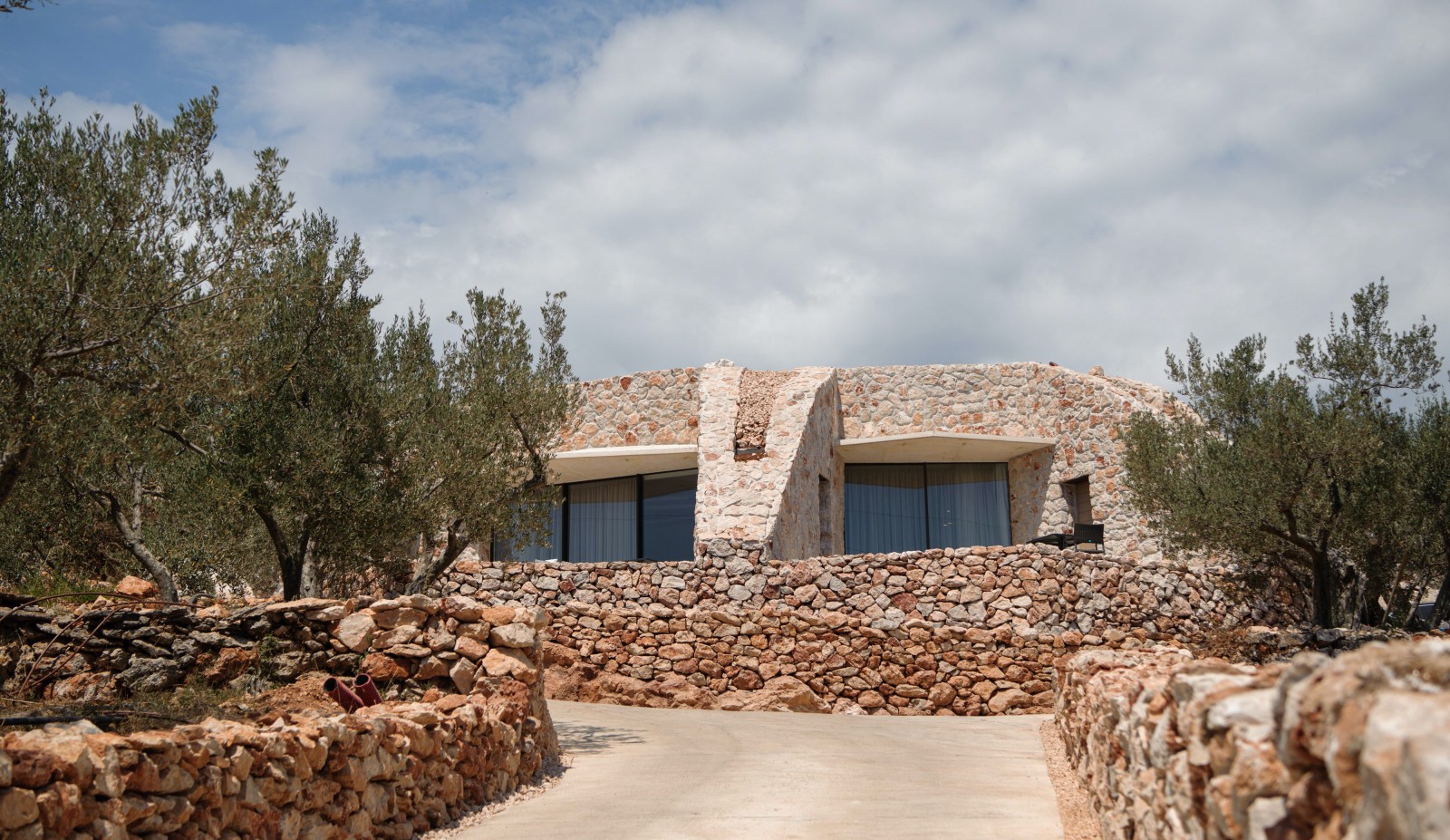
But, more unusually, Villa Nai 3.3 prides itself on its offering of fresh olive leaf tea using leaves harvested from the trees, which guests can order on demand. “Most people don’t know anything about olive leaf tea, no one has made serious production of it,” says Morović, who describes it as similar to green tea. On arrival at Villa Nai 3.3, guests are served a cooled olive leaf tea instead of Champagne; after a spa treatment they receive one as well; he says most guests continue to order it throughout their stay, hot or cold, when they hear of its benefits.
Morović has his own personal experience of the health-giving benefits of olive leaf tea. Eight years ago, he was suffering with severe gout. “At the time I was travelling through Spain a lot and eating a lot of jamon,” he recalls. Doctors were unable to offer sensible suggestions, so after some research he began drinking olive leaf tea, once a day. He has not changed his diet but has been gout-free ever since.
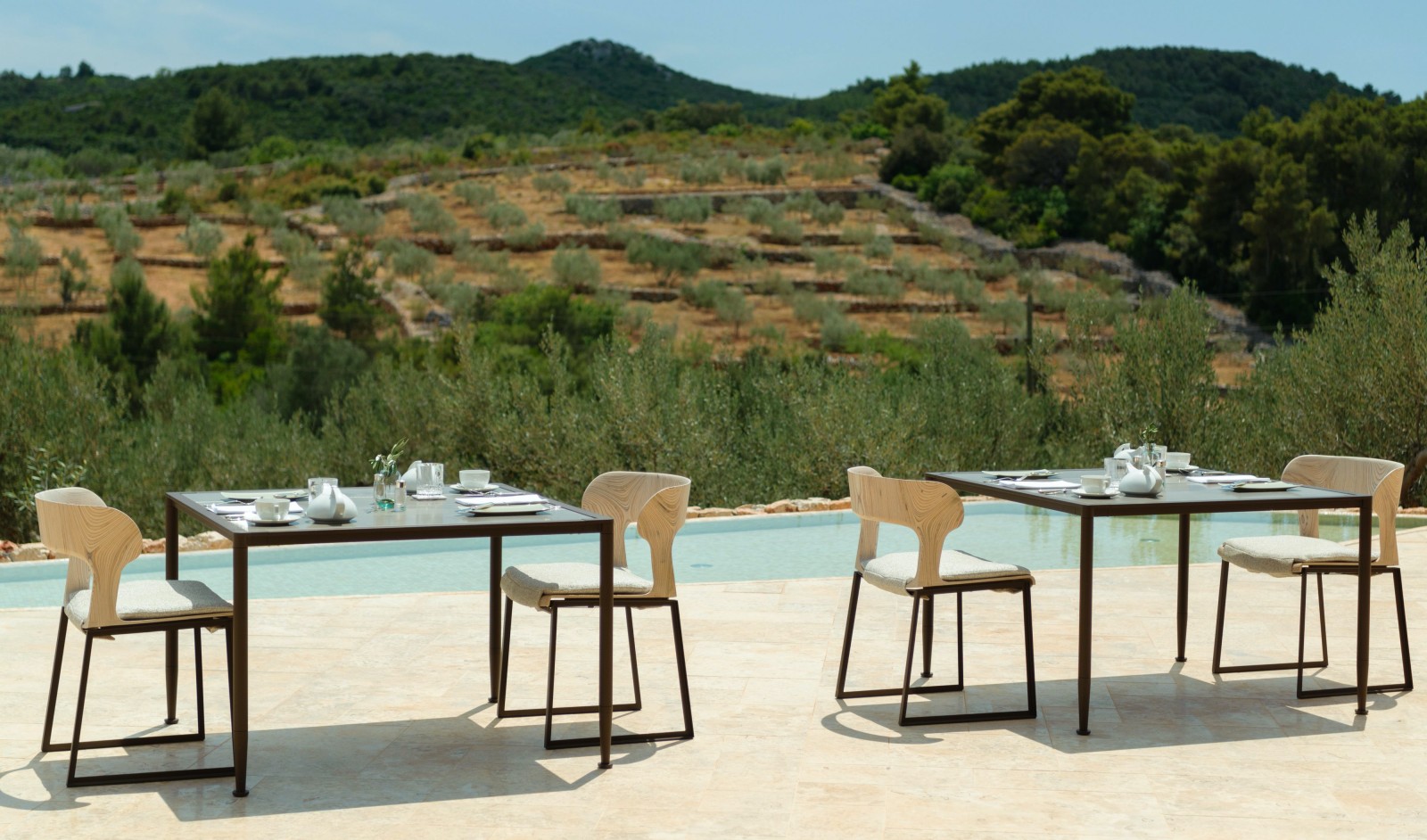
It comes down to the high levels of polyphenols in the leaves, specifically oleuropein, which has anti-viral, anti-inflammatory and anti-microbial effects. He points to various scientific studies to support the thesis.
One study by German and Swiss researchers, involved a trial of 20 identical twins with high blood pressure, the results of which suggested olive leaf tea could lower blood pressure. Other studies have suggested its consumption reduced the risk of diabetes and can build a stronger immune system.
Traditionally a symbol of peace, it could be that in future, the olive leaf is seen as one of good health.
This article originally appeared in Billionaire's Healing Issue, Winter 2022/23. To subscribe contact

